The GAC R&D Center is currently hiring engineers related to flying cars, with some positions requiring candidates to be familiar with Chinese airworthiness regulations.
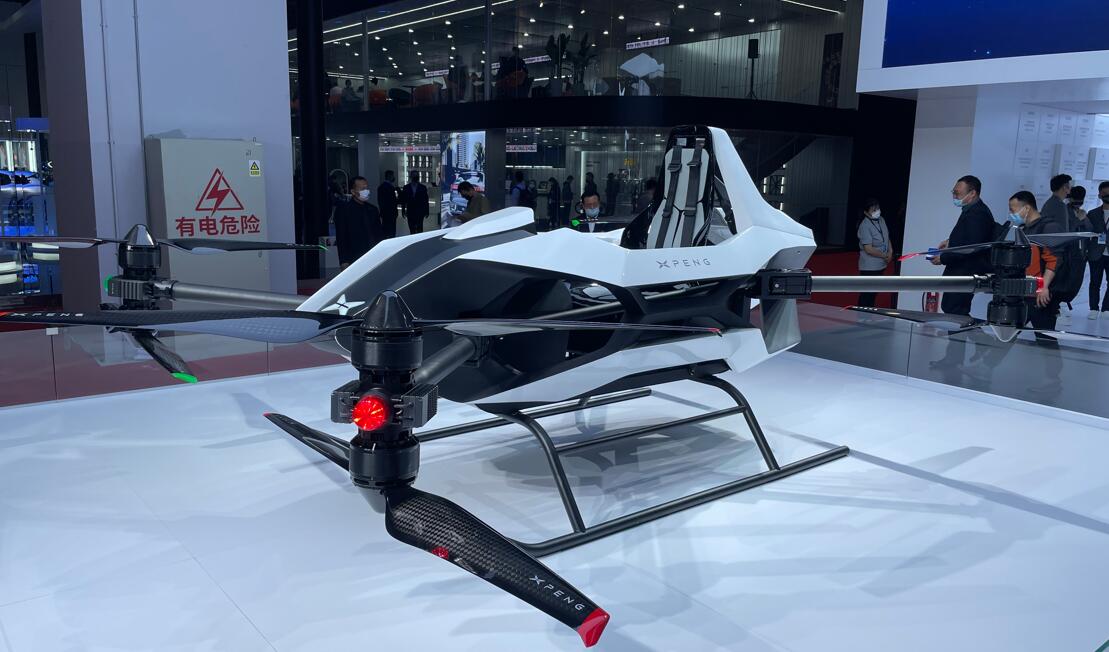
(Image credit: CnEVPost)
Guangzhou Automobile Group Co (GAC Group) appears to be the latest Chinese automaker to dip its toe into the flying car waters, as Xpeng Motors ramps up its efforts in the field.
GAC is working on flying cars, local media outlet Time Weekly said in a report Monday, citing a company insider.
Another source close to GAC said it is likely that GAC is developing flying cars, after all, it is currently transforming into a technology group, according to the report.
Notably, some job postings also seem to confirm GAC's plans.
The GAC R&D Center is currently hiring engineers related to flying cars, including flying vehicle structure design engineers, flying vehicle landing gear design engineers, flying vehicle measurement and control engineers, and flying vehicle strength simulation engineers, with a monthly salary range of RMB 20,000 ($2,960) to RMB 40,000, Time Weekly's report noted.
Some of the positions require candidates to be familiar with China's CCAR-23, 25, 27 related airworthiness provisions and have experience in aviation type airworthiness certification testing and verification.

It is worth noting that GAC was granted a patent today for the appearance of a manned flying vehicle, according to data provider Tianyancha.
The following are drawings of the patent.

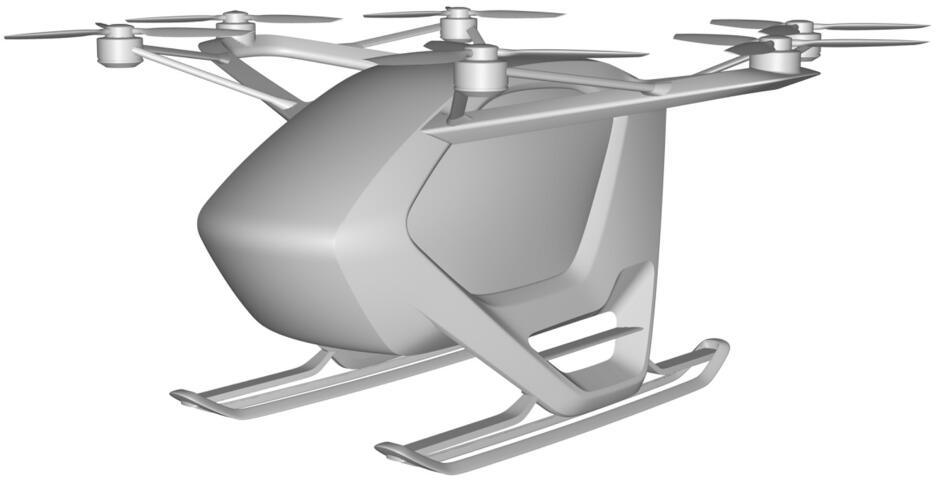
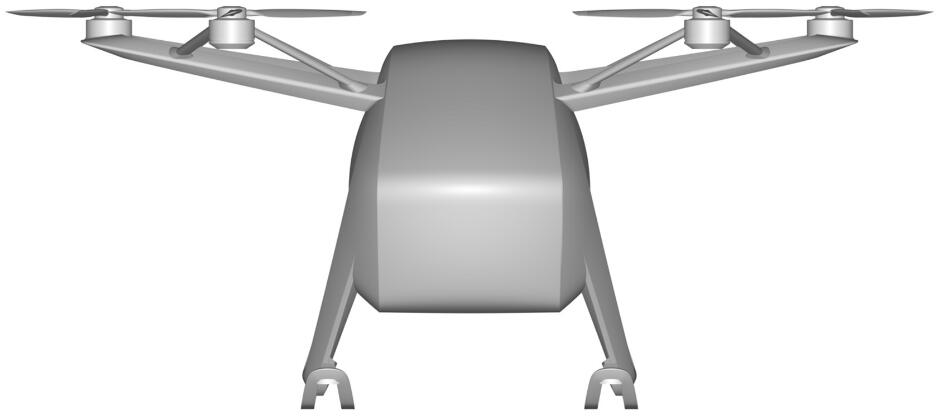
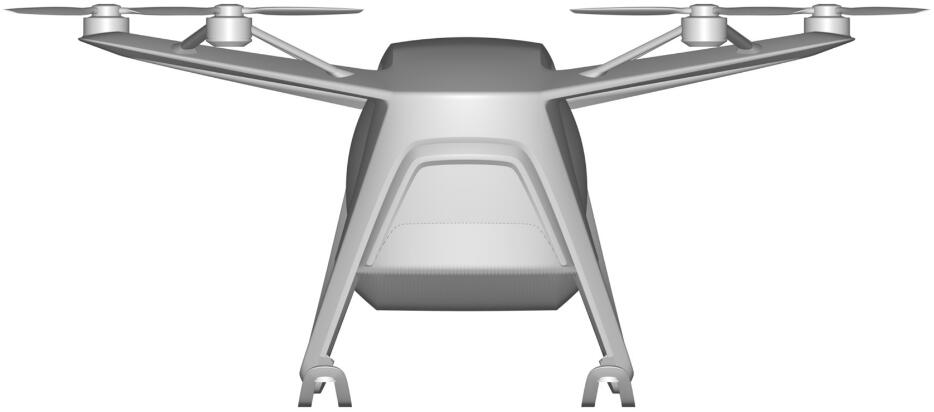


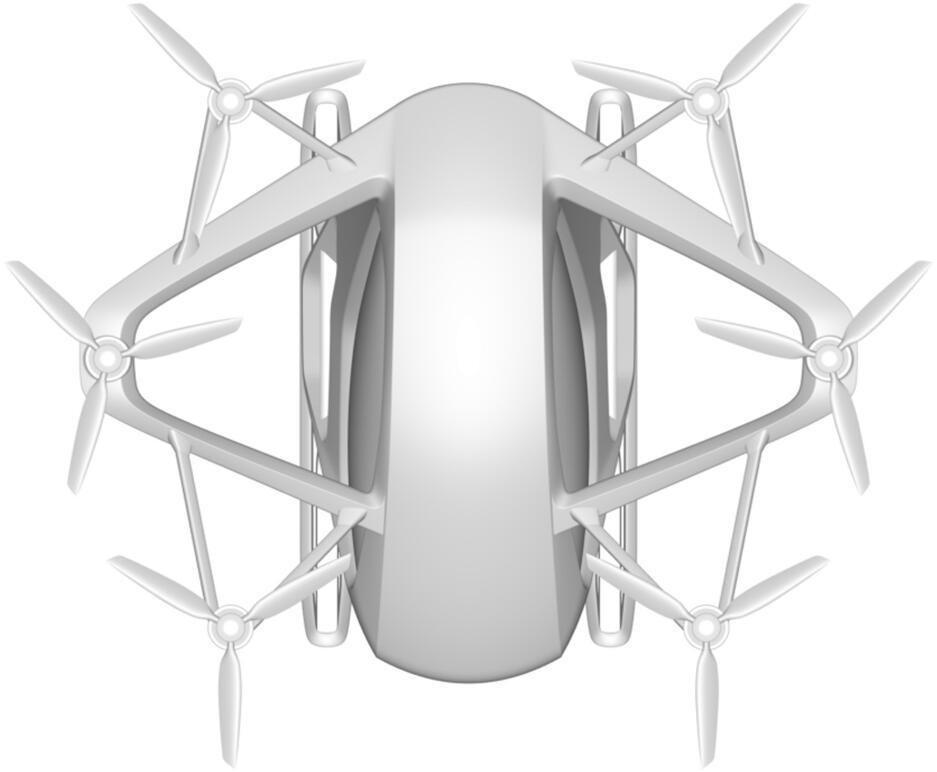

Xpeng, which is also Guangzhou-based like GAC, is currently one of the companies putting the most efforts into the flying car space.
Xpeng's flying car division, Xpeng Aeroht, previously known as HT Aero, put its first trial plant into operation on Monday, according to information it shared on its official WeChat account yesterday.
At its annual Tech Day event on October 24 last year, Xpeng unveiled Xpeng Aeroht's sixth-generation flying car concept, a vehicle that can both drive on land like a normal car and fly in the air.
Xpeng and its chairman and CEO He Xiaopeng said at the time that the company aims to have its flying cars in mass production by 2024, with a price tag expected to be under RMB 1 million ($157,000).
It's worth noting, however, that the lack of policy support is key to the difficulty of getting a flying car off the ground commercially.
According to China's current regulations, flying vehicles with a maximum takeoff weight of more than 150 kg are classified as large drones, and their flight locations, routes and airspace are subject to regulators' management.
This means that flying cars are actually no longer part of the "car" category, and existing ground transportation systems and regulations do not apply to them.
As the main mode of commercialization of flying cars - "air cab" operation faces many issues.
In China, flying vehicles need to obtain permission to carry people, and to operate commercially, they also need to obtain a business license.
Thankfully, however, Chinese policymakers are now trying to provide support for the industry, and some pilot reforms to open up low-altitude airspace are underway.
With GAC on board, it is possible that China could see greater openness in the flying car sector.



